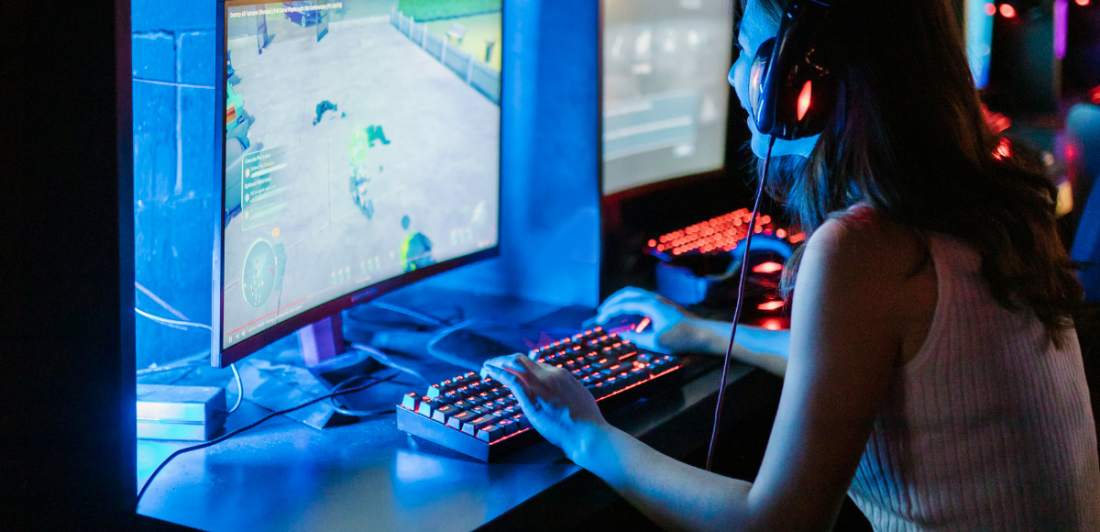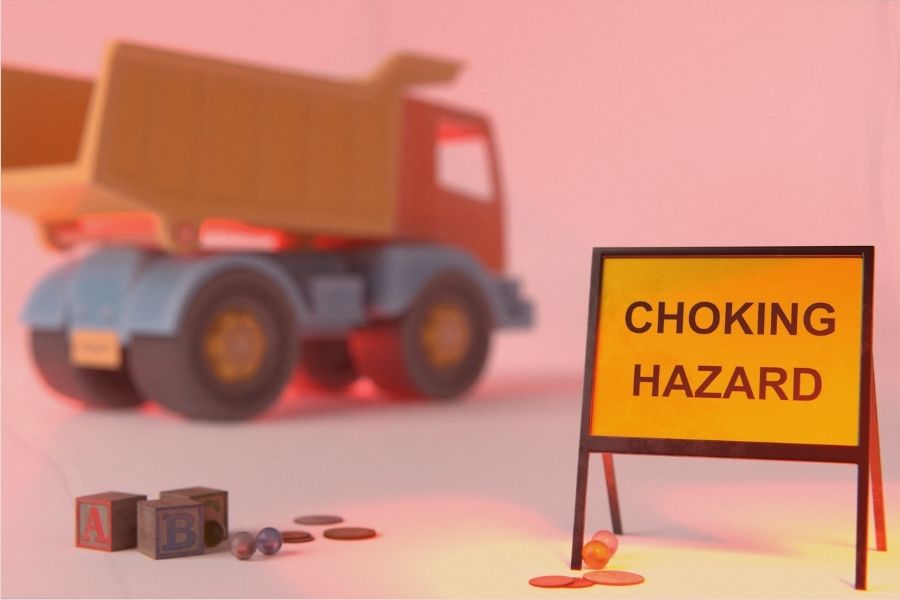A recent federal complaint is drawing fresh attention to the legal and ethical challenges posed by modern online games. The lawsuit claims that Roblox, along with other major gaming platforms, prioritized profit over safety, allegedly helping a 12-year-old child develop an addiction that has caused severe emotional, behavioral and financial harm.
The Carlson Law Firm is currently investigating video game addictions through helping families file lawsuits.
What the Lawsuit Alleges
According to the complaint filed in federal court, the child, identified only by initials B.M.D., began playing video games around age five and reportedly developed a “disordered relationship” with Roblox, Fortnite, and Minecraft. The father’s suit contends that the child “suffers from severe physical, emotional, and economic injuries,” including withdrawal symptoms such as rage, anger, physical outbursts, diminished social engagement, loss of interest in other activities, and declining mental health.
The lawsuit argues the following:
- That Roblox and its co-defendants hired psychologists and child development experts to design game features intentionally engineered to create addiction and increase profits.
- Features in the game include a season pass system that costs real money, achievement and reward systems that incentivize extended play, and mechanisms tied to spending, time investment, and social rewards.
- The complaint also references neurobiological and psychiatric studies alleging that excessive gaming can reduce gray matter in the brain, impair impulse control, and lead to depression, anxiety, memory deficits, and behavioral addiction disorders.
The plaintiff is seeking damages in excess of $75,000.
Why This Lawsuit Matters
This case is notable for several reasons.
- Targeting kid-friendly platforms. Roblox markets itself heavily toward children and teenagers. Because of that, claims about design decisions taken with minors in mind may draw heightened scrutiny, particularly regarding duty of care and disclosures.
- Blending multiple defendants and platforms. The lawsuit names Epic Games, Microsoft, and Mojang in addition to Roblox. Exposure to multiple high-engagement games allegedly contributed to the addiction.
- Use of scientific and neurological claims. The plaintiffs’ counsel emphasize studies of brain structure, gray matter loss, and psychiatric injury. If the court allows these theories and expert testimony, it could open the door for stronger claims in future cases.
- Corporate structure and jurisdiction. Roblox recently reincorporated in Nevada. The suit argues that this gives the Nevada court jurisdiction, showing how corporate decisions can shape litigation.
- Financial stakes and public attention. While $75,000 may not be significant for a corporation like Roblox, these suits generate public pressure, potential copycat cases, and more scrutiny of game design practices.
What This Case Means for Future Litigation
If the court allows this claim to proceed, it could encourage more cases alleging addiction, manipulative design, or other gaming harms. Counsel may begin to specialize in analyzing reward loops, algorithms, and reinforcement structures. Companies might become more cautious in structuring in-game purchases, achievement systems, and retention mechanics, especially in games aimed at minors. Legislators may respond with stricter consumer protection laws or enhanced disclosure requirements. This case could become a bellwether for how courts approach digital addiction claims.
Protect Your Child from Video Game Addiction
According to studies, game addiction is simliar to gambling addiction. Protecting your child from video game addiction, involves taking proactive steps to protect your children from video game addiction.
- Monitor and limit gaming time with parental controls or device settings.
- Watch for signs of compulsive behavior, such as aggression when games are restricted, neglect of offline activities, or sleep disturbances.
- Keep documentation of screen time, in-game purchases, behavioral changes, and treatment records.
- Seek professional support through therapy or counseling.
- Consider legal consultation if you believe a child has been harmed by a game’s design or marketing.
Video Game Addiction Lawsuits
The lawsuit against Roblox and its co-defendants highlights the evolving intersection of addiction research, game design, and the law. While these cases are complex and face significant defenses, plaintiffs are advancing more sophisticated arguments that blend neuroscience, behavioral science, and consumer protection law.
This case could shape how courts and the public view the responsibility of game companies toward their youngest users. Parents, educators, and policymakers will be watching closely as it develops.




